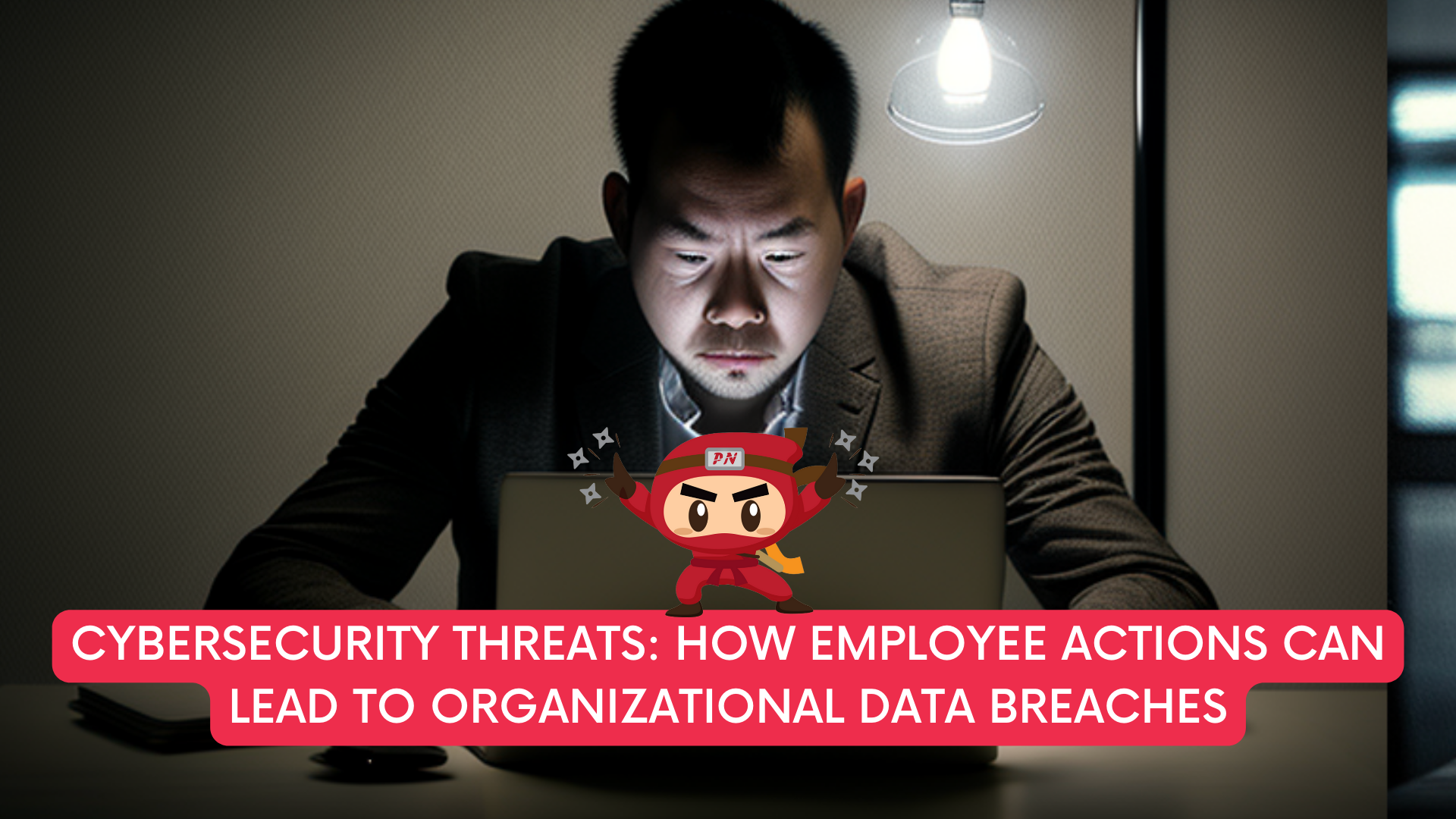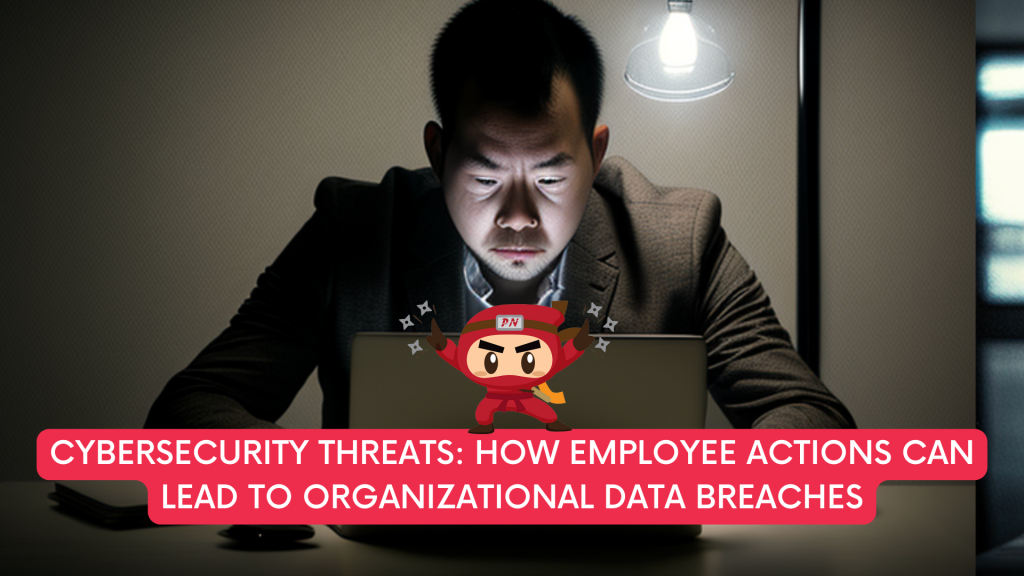KEEP IN TOUCH
Subscribe to our mailing list to get free tips on Data Protection and Cybersecurity updates weekly!







We often hear stories of individuals who fall victim to cyber scams, but have you ever considered how these incidents could impact an organization’s cybersecurity? A recent case in Singapore involving a retiree serves as a cautionary tale of how easily an employee’s actions can inadvertently compromise an organization’s defenses.
A 71-year-old retiree, seeking to improve the speed of his computer, downloaded a “Clean-Up” program after encountering an advertisement for it. The program, which claimed to optimize users’ computers, turned out to be a scam. Instead of cleaning his computer, the program facilitated the theft of about $45,000 from his bank accounts which he was no longer able to recover.

While this story focuses on the retiree’s personal loss, it is essential to recognize the potential implications for an organization. If an employee were to download a similar program on a work device, it could expose sensitive information stored on the device, giving cybercriminals access to the organization’s network.
In such scenarios, the role of a Data Protection Officer (DPO) becomes crucial. DPOs are tasked with ensuring that data protection and cybersecurity policies are both robust and current. They can help mitigate risks by regularly conducting cybersecurity training and fostering a culture of vigilance and security awareness. An effective DPO can help equip employees with the knowledge they need to avoid falling for such scams, thereby protecting not just their security, but that of the entire organization.
Employees are often considered the weakest link in an organization’s cybersecurity chain, and this incident emphasizes the point. An employee’s seemingly harmless click on an advertisement can become an entry point for cybercriminals, leading to significant financial loss, reputational damage, and the potential exposure of confidential data.
Organizations should also implement policies and procedures to ensure that employees only download software from trusted sources. This might involve implementing an approved list of software applications and using software management tools to monitor and control the installation and use of applications on company devices.
In the fight against cyber threats, technology plays a vital role, but the human element cannot be ignored. By understanding the potential risks that employees’ actions can pose to an organization, we can work together to build stronger defenses and minimize the risk of cyberattacks.

Your appointed DPO can work with you on your PDPA compliance, ensuring that there will be policies in place to make sure that the handling of personal data is PDPA compliant. This includes promptly responding to the PDPC with their queries to expedite the investigations and prevent a harsher penalty from the Commission.
A Data Protection Officer (DPO) oversees data protection responsibilities and ensures that organisations comply with the Personal Data Protection Act (PDPA). Furthermore, every Organization’s DPO should be able to curb any instances of PDPA noncompliance as it is the officer responsible for maintaining the positive posture of an organisation’s cybersecurity.
DPOs complement organisations’ efforts to ensure that the organisation’s methods of collecting personal data comply with the PDPA. It also ensures that policies are set in place to make sure that there will be no instances of data breaches in the future.
Don’t wait any longer to ensure your organisation is PDPA compliant. Take our free 3-minute PDPA Compliance Self-audit checklist now, the same “secret weapon” used by our clients to keep them on track. Upon completion, we will send you the results so you can take the necessary action to protect your customers’ data. Complete the free assessment checklist today and take the first step towards protecting your customers’ personal data.